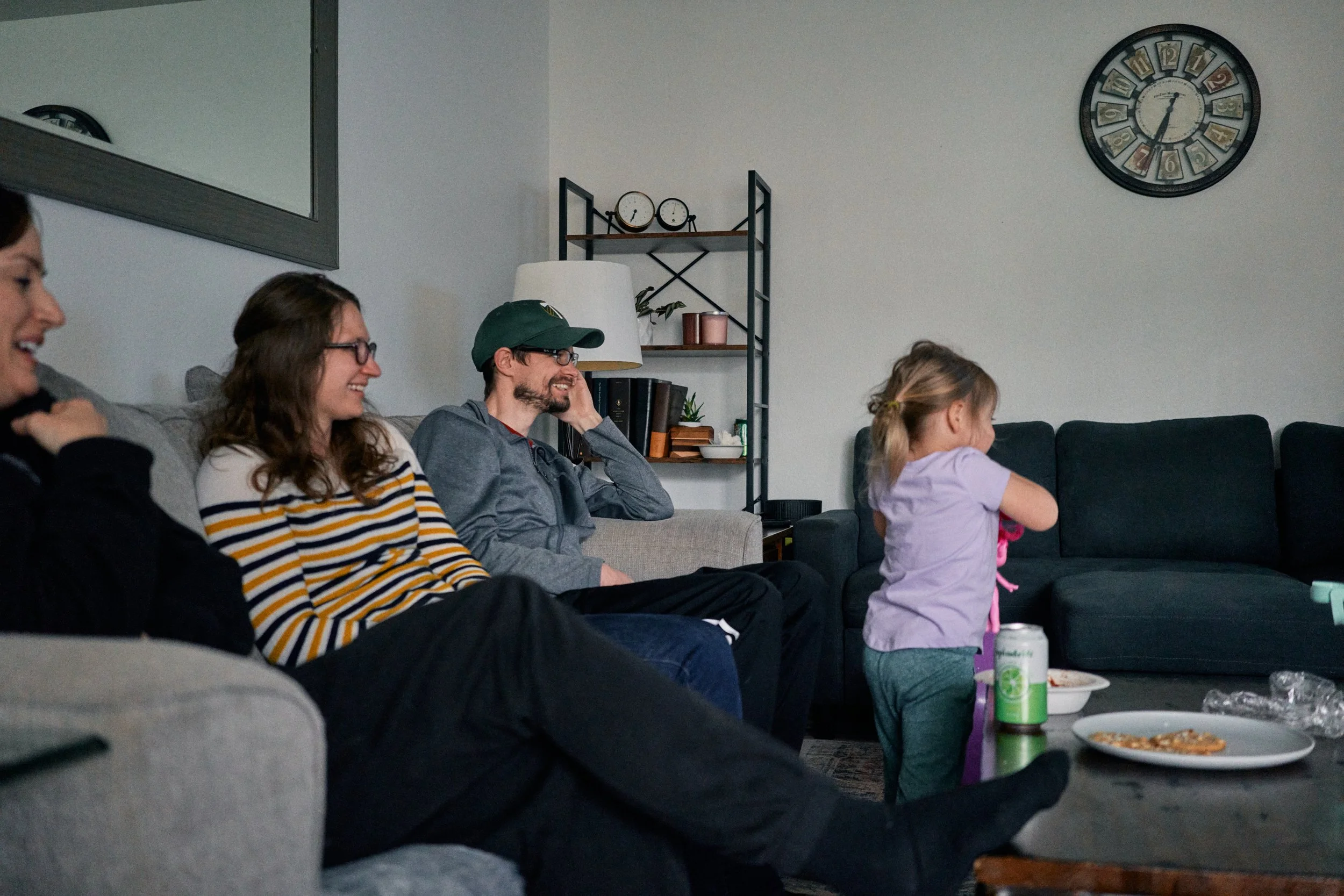
Van City
Church
Gathering Sundays at 10 a.m.
We are a church of imperfect people learning how to follow Jesus, together in community.
Young and old, from disparate stories and experiences, we join a story more than 2,000 years in the making of Christians coming together around the shared belief that Jesus is Lord.
Sunday Gathering
Every Sunday, we gather as a family under one roof to be together, study the Scriptures, sing songs of worship and reflection and lament, to pray, and to seek the Holy Spirit.
Clark College, Foster Auditorium
1969 Fort Vancouver Way #1873
10 a.m. | Park in Red Lot 3
We are learning to be loved by God and care for each other in community.
Van City Communities
Van City Communities meet weekly in homes and around dinner tables to share food, life, and learn how to follow Jesus together.


